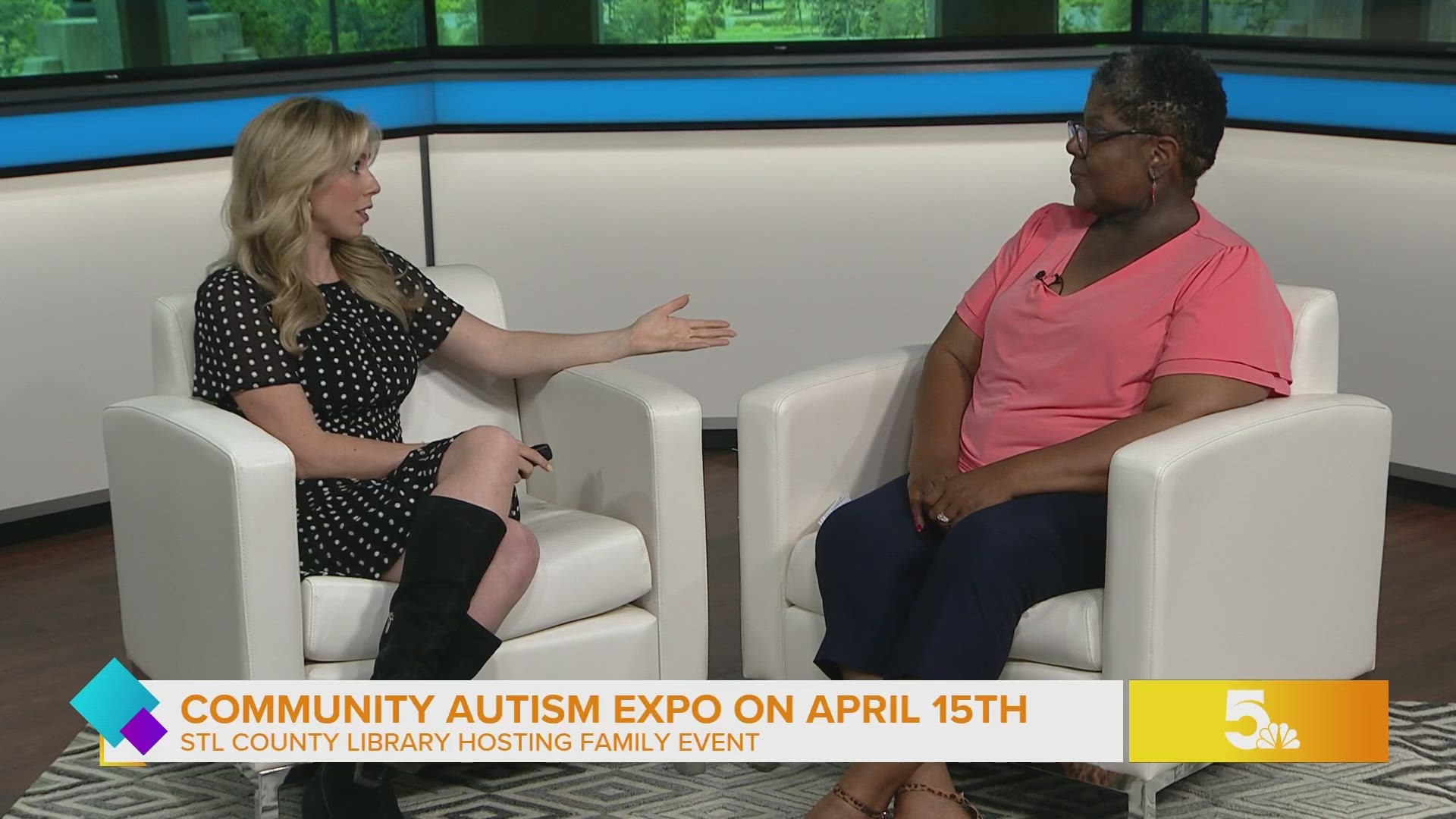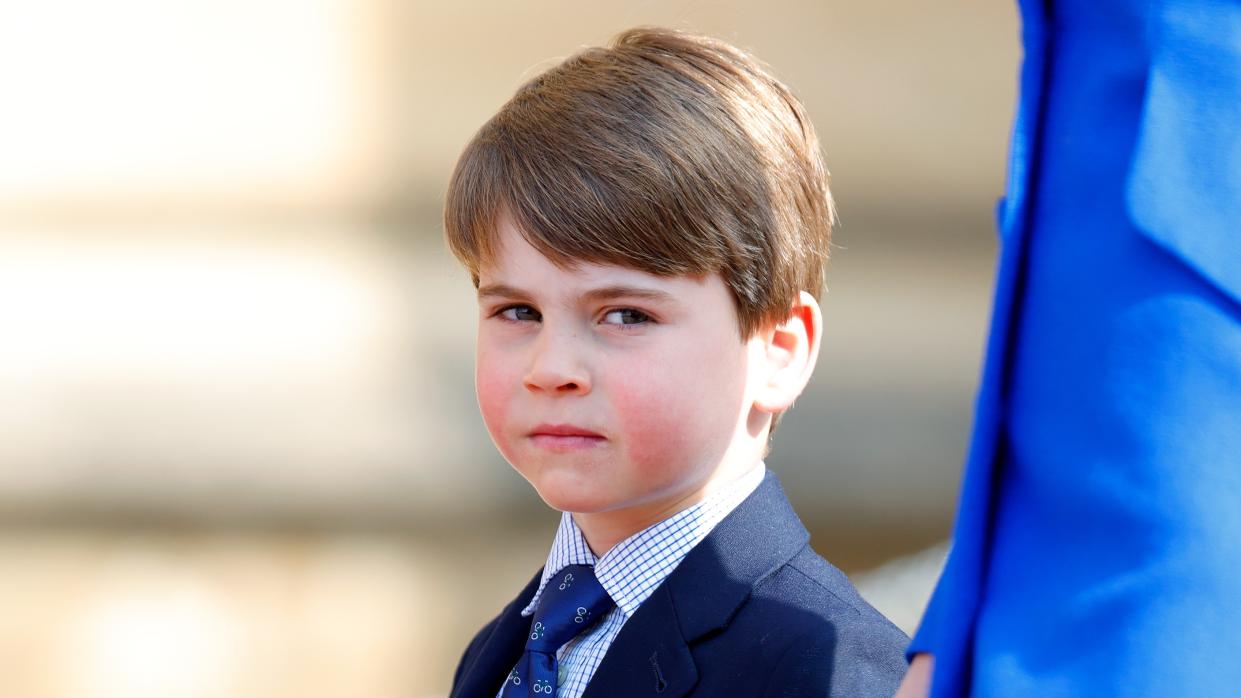Is Prince Louis Autistic? Exploring The Facts And Myths
The question of whether Prince Louis, the youngest child of Prince William and Kate Middleton, has autism has been a topic of speculation among the media and royal watchers. As the royal family continues to grow under the spotlight, every detail of their lives is scrutinized, including the health and development of their children. This article aims to provide a comprehensive understanding of the topic, separating facts from myths while exploring the broader context of autism and its portrayal in the media.
Prince Louis, born on April 23, 2018, has become a central figure in discussions surrounding the royal family's dynamics. From his early milestones to his interactions in public appearances, every detail of his life is analyzed by the media. This scrutiny has led to speculation about his developmental patterns and whether they align with autism spectrum disorder (ASD).
In this article, we will delve into the topic of Prince Louis and autism, examining the available evidence, expert opinions, and the importance of understanding autism as a spectrum. Whether you are a royal enthusiast or someone interested in learning more about autism, this article aims to provide clarity and insight into the matter.
Read also:Dua Lipa Barbie Red Carpet A Glittering Evening Of Glamour And Style
Table of Contents
- Prince Louis: A Brief Biography
- What Is Autism Spectrum Disorder?
- The Speculation Around Prince Louis and Autism
- Understanding the Diagnosis Process
- The Role of Media in Shaping Public Perception
- Expert Opinions on the Matter
- Common Misconceptions About Autism
- Creating a Supportive Environment for Children with Autism
- Data and Statistics on Autism
- Conclusion and Final Thoughts
Prince Louis: A Brief Biography
Early Life and Family
Prince Louis Arthur Charles was born on April 23, 2018, at St. Mary's Hospital in London. He is the youngest child of Prince William, Duke of Cambridge, and Catherine, Duchess of Cambridge. As the fifth in line to the British throne, Prince Louis has captured the attention of the world since his birth.
Below is a summary of Prince Louis's key personal details:
| Full Name | Prince Louis Arthur Charles |
|---|---|
| Date of Birth | April 23, 2018 |
| Parents | Prince William and Catherine, Duchess of Cambridge |
| Siblings | Prince George and Princess Charlotte |
| Title | His Royal Highness Prince Louis of Wales |
Growing Up in the Spotlight
As a member of the royal family, Prince Louis's life is closely monitored by the media. From his first public appearance to his interactions during family events, every detail is analyzed and discussed. This constant attention has led to various speculations about his health and development, including the question of whether he might have autism.
What Is Autism Spectrum Disorder?
Defining Autism
Autism Spectrum Disorder (ASD) is a neurodevelopmental condition characterized by challenges in social interaction, communication, and behavior. It is a spectrum disorder, meaning it affects individuals differently and to varying degrees. Symptoms can range from mild to severe, making it difficult to diagnose without a thorough evaluation.
Key Characteristics of Autism
Some common signs of autism include:
- Difficulty with verbal and non-verbal communication
- Repetitive behaviors or routines
- Sensory sensitivities
- Delayed social and emotional development
The Speculation Around Prince Louis and Autism
Origins of the Rumors
The speculation about Prince Louis and autism began with reports highlighting certain behaviors observed during public appearances. For instance, some media outlets pointed out that Prince Louis seemed disinterested or withdrawn during family events, leading to assumptions about his developmental patterns.
Read also:Madison Beer Life Support A Comprehensive Look Into The Stars Journey
Separating Facts from Fiction
It is important to note that diagnosing autism requires a comprehensive evaluation by qualified professionals. Media speculation, no matter how well-intentioned, cannot replace a formal diagnosis. The royal family has not issued any official statement confirming or denying these claims, leaving the matter open to interpretation.
Understanding the Diagnosis Process
Steps in Diagnosing Autism
Diagnosing autism involves a series of assessments conducted by a multidisciplinary team, including pediatricians, psychologists, and speech therapists. The process typically includes:
- Developmental screening
- Behavioral observation
- Parental interviews
- Standardized tests
Challenges in Early Detection
Early detection of autism can be challenging, especially in young children. Symptoms may not become apparent until a child reaches certain developmental milestones. This delay can lead to misunderstandings and misinterpretations of a child's behavior.
The Role of Media in Shaping Public Perception
How Media Influences Opinions
The media plays a crucial role in shaping public perception of autism and other developmental disorders. While some outlets provide accurate and balanced coverage, others may sensationalize or oversimplify complex issues. This can lead to misinformation and perpetuate stereotypes about individuals with autism.
Responsible Reporting
Journalists and content creators have a responsibility to report on sensitive topics like autism with accuracy and sensitivity. By relying on expert opinions and verified sources, they can help dispel myths and promote a better understanding of the condition.
Expert Opinions on the Matter
Insights from Child Development Specialists
Child development specialists emphasize the importance of observing a child's behavior over an extended period before making any assumptions about their developmental patterns. They also stress the need for a formal evaluation by qualified professionals to confirm a diagnosis of autism.
Statements from the Royal Family
As of now, the royal family has not issued any official statement regarding Prince Louis's health or development. This silence may be due to their commitment to protecting the privacy of their children, especially in matters related to their well-being.
Common Misconceptions About Autism
Autism Is Not a Disease
One of the most common misconceptions about autism is that it is a disease that can be cured. In reality, autism is a lifelong condition that affects how individuals perceive and interact with the world around them. While there is no cure, early intervention and support can significantly improve outcomes for individuals with autism.
Autism Does Not Define a Person
Another misconception is that autism defines a person's entire identity. In truth, individuals with autism are unique and possess a wide range of talents, interests, and personalities. It is essential to view them as whole individuals rather than solely through the lens of their diagnosis.
Creating a Supportive Environment for Children with Autism
The Importance of Early Intervention
Early intervention is critical for children with autism. Programs that focus on developing communication, social, and behavioral skills can help them reach their full potential. Parents and caregivers play a vital role in providing a supportive and nurturing environment for their children.
Building a Community of Understanding
Creating a community that understands and accepts individuals with autism is essential for promoting inclusion and reducing stigma. Schools, workplaces, and public spaces can all contribute to this effort by implementing policies and practices that accommodate the needs of individuals with autism.
Data and Statistics on Autism
Prevalence of Autism
According to the Centers for Disease Control and Prevention (CDC), approximately 1 in 44 children in the United States has been diagnosed with autism spectrum disorder. This statistic highlights the growing need for awareness and resources to support individuals with autism and their families.
Global Perspective
Autism affects individuals from all racial, ethnic, and socioeconomic backgrounds. However, access to diagnosis and treatment varies significantly across different regions of the world. Efforts to address these disparities are crucial for ensuring that all individuals with autism receive the support they need.
Conclusion and Final Thoughts
In conclusion, the question of whether Prince Louis has autism remains unanswered due to a lack of official information. While media speculation continues to fuel discussions, it is essential to approach the topic with caution and rely on expert opinions and verified sources. Understanding autism as a spectrum disorder and recognizing the importance of early intervention can help promote a more inclusive and supportive society for individuals with autism.
We invite you to share your thoughts and questions in the comments section below. If you found this article informative, please consider sharing it with others who may benefit from the information. For more articles on autism, the royal family, and related topics, explore our website and stay updated on the latest developments.


